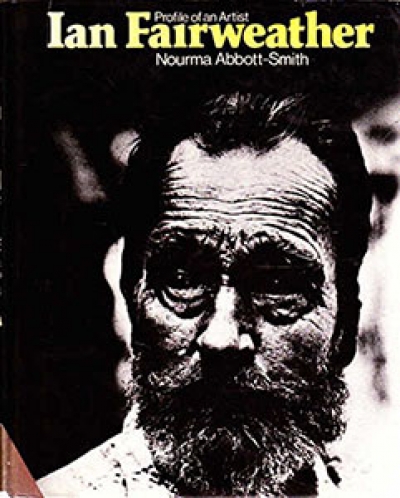‘“No good dad,” he used to remark hopelessly, “people’ll say that you were dragged up.”’ In this way, Furphy records his son’s response to Such is Life. Furphy, in his own review of his own novel expressed a different view. ‘There is interest, if not relevancy in every sentence ... beyond all other Australian writers. Tom Collins is a master of idiom ... Originality is a characteristic of Such is Life ...’ However much he had his tongue in his cheek, Dad was of course right, as a rereading of the novel in John Barnes’s Portable Furphy will prove. The novel is ‘a classic’ as Stephens recognised, even if he did throw in his each-way bet of, ‘or a semi-classic’. Barnes has included all of Such is Life (in a photo facsimile of the original edition, which does make one long for larger type and more spacious layout, but makes possible an interesting collection of Furphy’s other writings in a comparatively small volume).
...
(read more)


